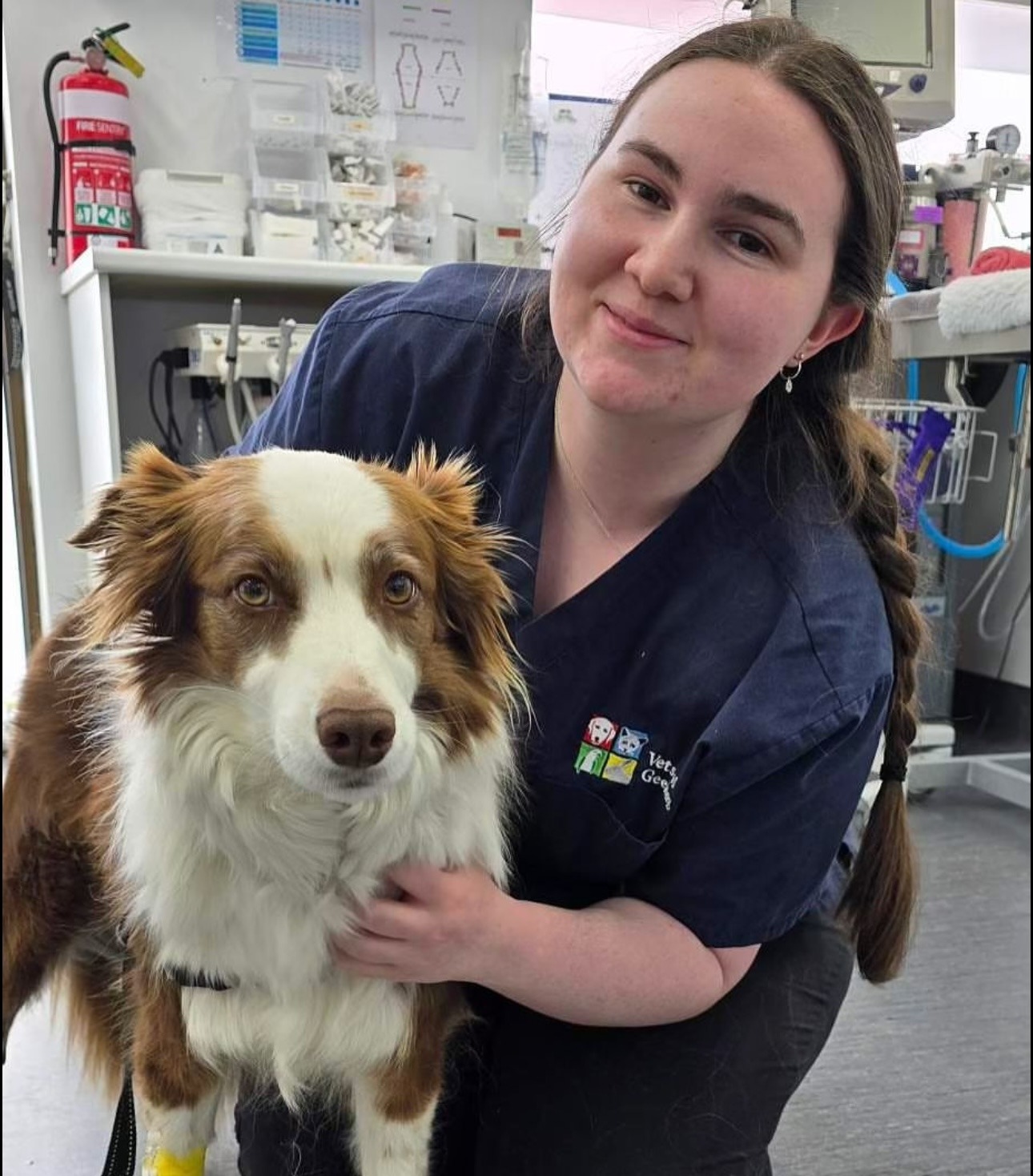Just like us, our pets need regular dental checks to ensure their teeth and gums remain healthy. Rotten teeth are not just about smelly breath and tooth loss; poor dental hygiene can lead to very painful gum disease and infections, which can be spread by bacteria via the bloodstream to vital organs and potentially cause damage to the heart, liver or kidneys. We wouldn’t let our own teeth get so bad, so why should we let our pet’s?
Having regular check-ups with your vet will make sure that any dental issues are addressed before they progress into more serious periodontal disease, which can have a detrimental effect on your pet’s health and overall well-being.
Signs Of Dental Problems
By the age of about 3, 70-80% of cats and dogs will start to show signs of dental disease. A number of factors are responsible for this, primarily diet, breed predispositions and a lack of oral hygiene practice. Plaque and tartar can form soon after a meal, and unlike wild animals, who may have regular chewing habits that help to clean their teeth, our pets have ready-made meals that are often soft and higher in carbohydrates and sugars, creating an easy environment for bacteria to form.
If you notice your pet has persistent bad breath, or visible yellow or brown deposits along the gumline or on the teeth, this is a sign of dental issues and plaque and tartar build-up, and should be checked out by your vet. As with humans, inflamed or bleeding gums are a sign of gingivitis, early periodontal disease, but sometimes it is not so easy to actually get a good look in your pet’s mouth. Excessive drooling, especially if it is tinged with blood, can indicate oral pain or infection, as can pawing at the mouth or face.
Weight loss or changes in eating habits could be a sign of a number of health issues, including dental problems, so it should warrant a trip to the vet to ensure the overall health of your pet. Changes in behaviour or aggression can also be a sign of dental pain, so don’t ignore these changes.
Maintaining Good Dental Hygiene for Your Pets
During the annual check-up, the vet will examine the whole animal, including the mouth, and address any dental issues. Some pets will allow you to brush their teeth with small, soft brushes and specifically designed animal toothpastes, and there are also prescription dental diets, dental chews, and vet-approved chew toys that encourage chewing and help break down tartar
Occasionally your pet may have a more serious dental problem that requires a general anaesthetic and a full scale and polish, or even tooth extractions, but veterinary dental care has advanced so much in recent years, with most vets having all the specialised equipment including dental x-rays, that poor dental hygiene in our pets should be a thing of the past.
